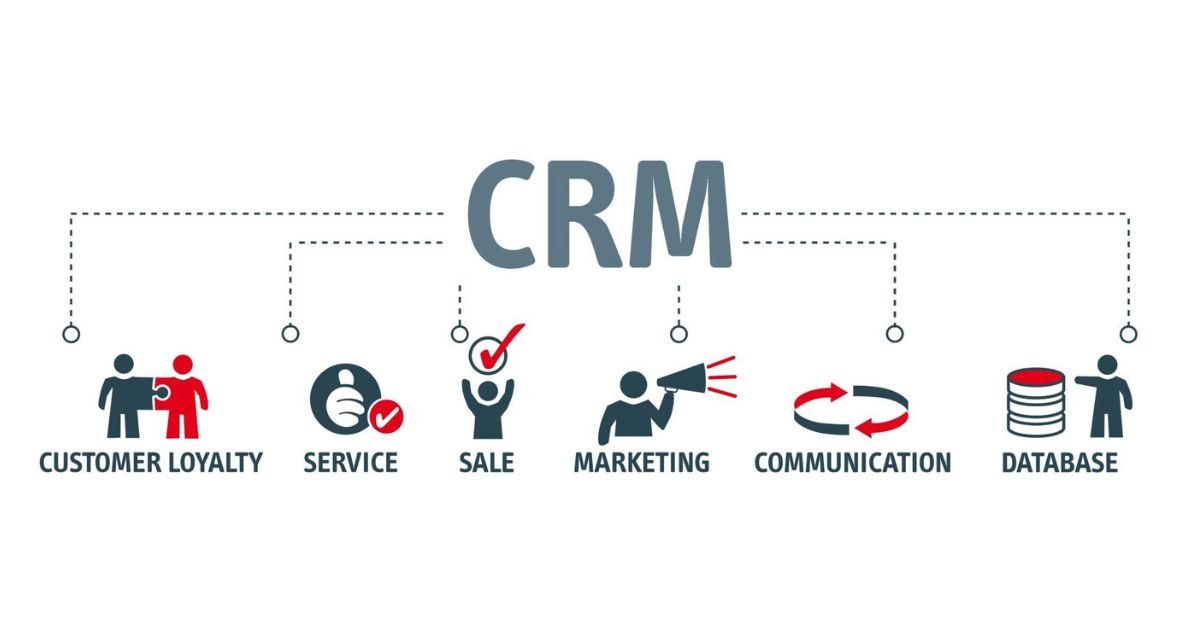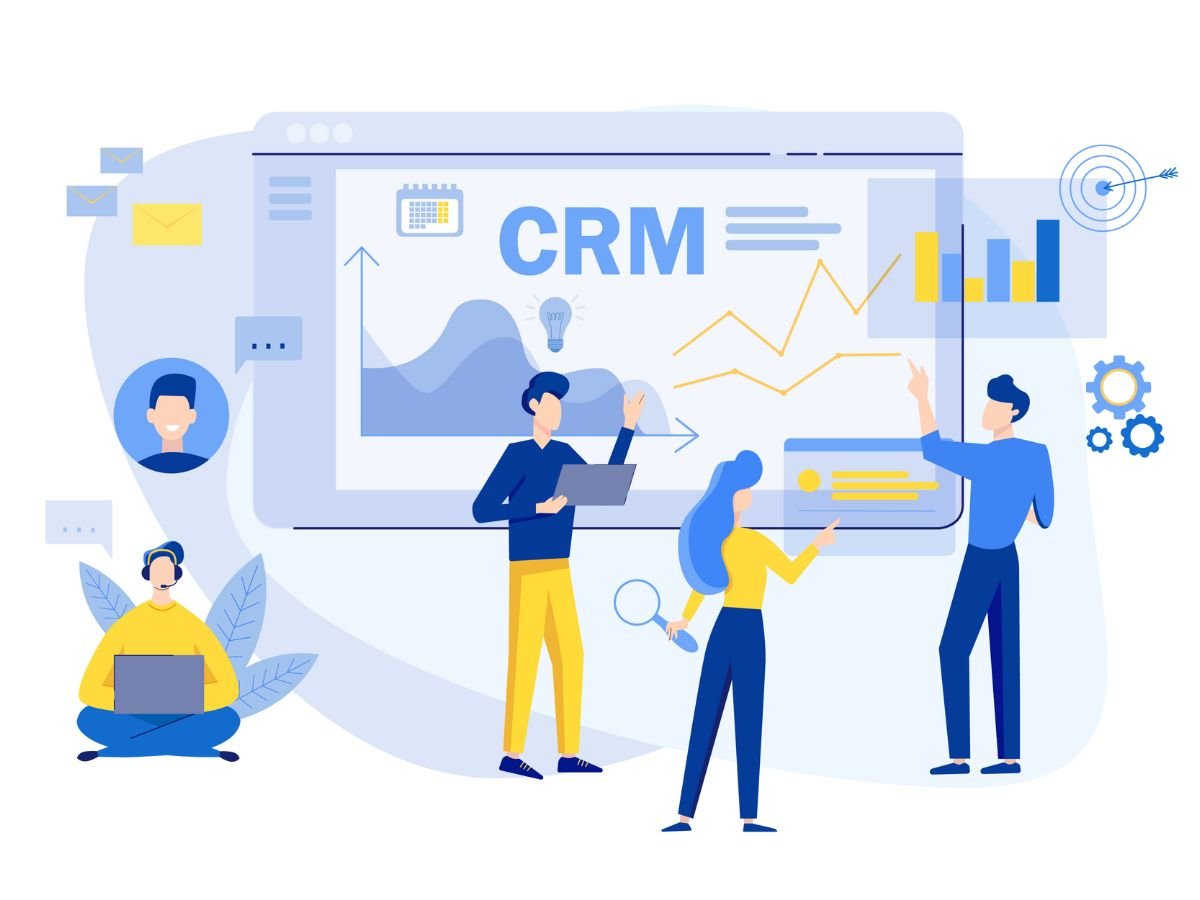Selecting the right CRM software begins with thoroughly understanding your business needs. Before diving into the options available, evaluating your company’s goals, processes, and challenges is essential. Consider how your team operates, customer interactions, and where inefficiencies might lie. This foundational understanding will guide you in identifying which CRM software features are non-negotiable and which ones are nice to have, ensuring that the software you choose aligns perfectly with your business operations.
Scalability:
When selecting a CRM software, it is essential to go beyond the current situation and consider further perspectives. In the course of the growth of your business, it is also important that your CRM software be able to support a large number of customers, contacts, and data without slowing down your operations. For instance, Dynamics 365 CRM can be availed with different versions, which means that your system will be able to expand according to the growth of your business and that you will be able to gain access to the different features that the CRM system offers at cheap rates depending on the scale of operations of your business.
Integration Capabilities:
The CRM software you choose should easily interconnect with other systems you employ for your business operations. Any application that you use within your business, including your email platform, marketing automation tool, or accounting software, is going to benefit from being able to connect your various business applications and have one system of record for all of your data. Think about how good or bad a CRM software is in terms of integration with other components, such as Dynamics 365 CRM, which is known for its strong integration and which, in turn, preserves the general work structure of your multi-branch company.

Customization:
They customized those different aspects of the CRM system to fit the particular needs of your business. Every business is unique, and your CRM software should be able to suit your needs. Regarding CRM, flexibility and customization are particularly important; that is, you should be able to adjust every feature, starting with the interface and ending with reports, to your needs. In turn, the fields and layouts can be customized, as well as the basic lines of the work or possible automatons, which would mean that your business has to adapt to the operations of the CRM, not the other way around.
Customization of dashboards is one of the most significant benefits for organizations that use business intelligence.
Within a CRM software, you can define your own dashboard and view your data as you prefer best for your business. This feature helps you sort based on the metrics that are important to you and provides timely data for decision-making.
User-Friendliness:
While there is a lot of information about CRM systems, we need to understand that a CRM system is only as effective as the total sum of the people that are required to implement it. If the software is complex or hard to manage, the employees are not willing to adopt the full software systems, which results in loss-making. Ensure that the CRM software software is easy to use so that users can navigate through the software and understand what each button means. The more intuitive it is, the quicker those in your team will be willing to use it, hence bringing implementation time down and improving the results.
- Easy to use with features such as a drag and drop function of the images.
- Various detailed streams and tutorials
- Mobile application for convenience when using the system on a smartphone.
- Simple data input and storage
- Pre-settings and preferences with reference to users
Customer Support:
Bear in mind that no matter how good CRM software is chosen, questions and problems will occur. The ability of the CRM software provider to support customers is crucial as this will help in handling any difficulties that may arise. It is therefore important that your selected CRM software should be able to offer the sort of support that is needed for the running of your business via telephone support, live chat support or other support such as having a well-developed help section for answers to most of the frequently asked questions.
Data Security:
Now, given the fact that most of our information is stored on our devices, data security cannot be overemphasized. The data that you will be entering into your CRM software includes crucial customer data, and this means that your CRM system should be secure. Customers should seek CRM systems that enjoy higher security features such as encryption and multi-factor authentication and boast of regular security audits. A secure CRM software such as the Dynamics 365 CRM will enable one to have an added security guarantee that incurrence into threats is prevented.
Cost-Effectiveness:
It is necessary to have a good CRM system but it is also necessary to make sure that the price of the CRM system is affordable. It is also useful to evaluate total cost of ownership, they are subscription charges, customization charges and also any extra charges for integrations or user license. In such a light, it is important that you compare these costs to the likely return on investment, so that you can get the most for your buck without going overboard.
Industry-Specific Solutions:
There are those CRM systems that are created with a particular industry in mind and will have functionalities that will meet the needs of organizations operating in the particular industry. For instance, if you’re in healthcare, retail or financial services, go for a CRM software that has industry solutions. This can give you unique tools and provide functionalities that are relevant to your line of operations, putting you on par with your competitors.
Preliminary Trials Before Vesting:
Last of all, do not forget to take benefit of using free trial of demo of the several CRM utilities that you have listed out for selection. This also enables the real life features such as the interface of the system as well as easy usage of the same to be tested. This is the time to get your team involved in the assessment so they can also give their opinions, and the CRM satisfies everyone.
Summary
The selection of a proper CRM solution for your business is one of the most important activities that depend on the specific business requirements, development plans, and market trends. For extended company growth, for better company integration, or to provide easy-to-use interfaces, there are many CRMs for every taste. For example, Dynamics 365 CRM software provides customers with a wide range of tools that can be helpful while the enterprise is developing. When analyzing your options with these criteria in mind, you will stand to make a good decision that gets your business on the right footing for the next few years to come.
Also, read: The Ultimate Guide to CRM Software with a Kangaroo Icon




